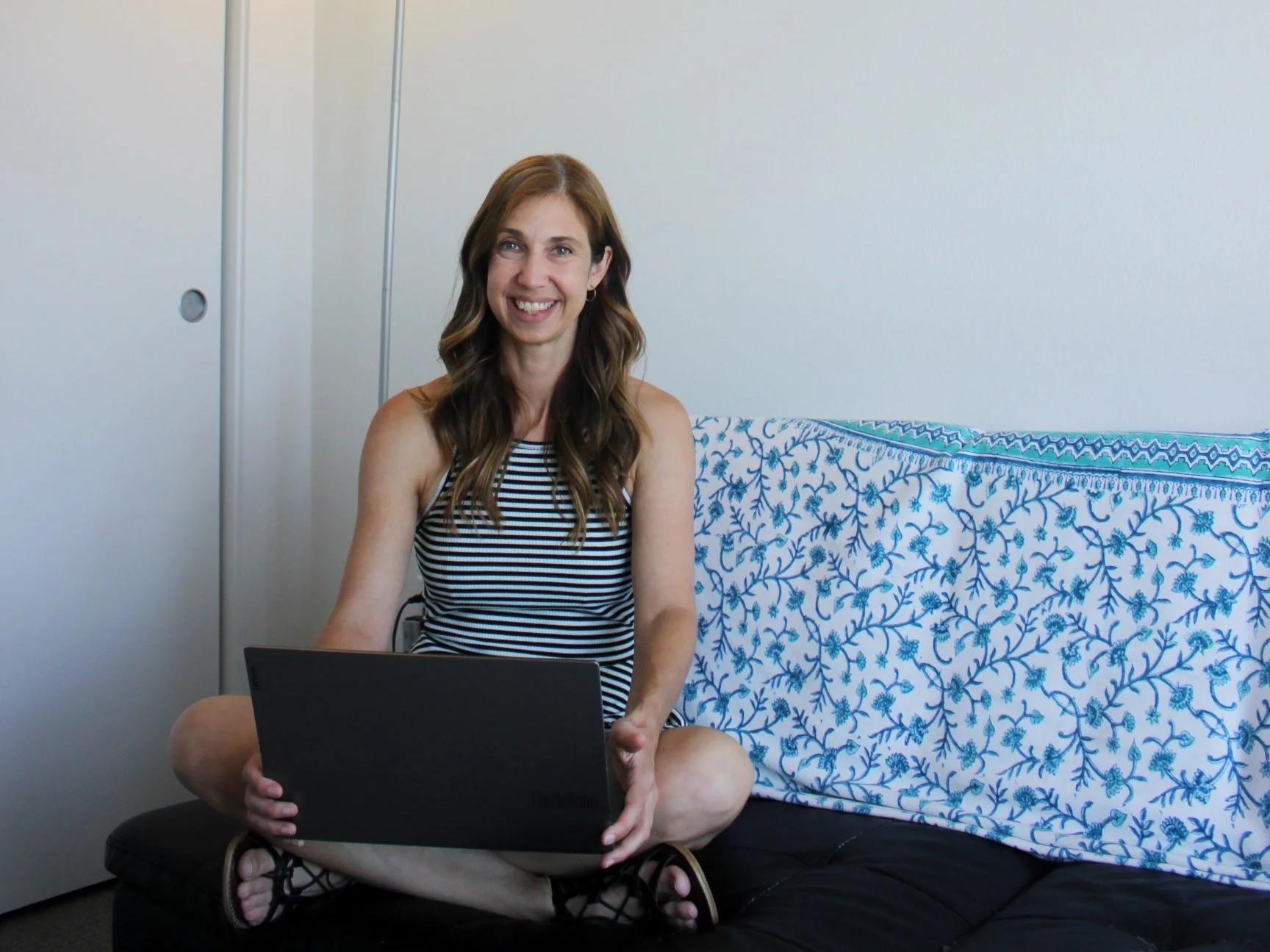The Toll of Caregiving: How EMDR Can Support Nurses and Medical Professionals
The Toll of Caregiving: How EMDR Can Support Nurses and Medical Professionals
As a nurse, a doctor or other healthcare provider, you're trained to respond quickly, stay composed under pressure, and keep going—no matter what. But over time, this constant state of high alert takes a toll on your body, mind, and nervous system.
Burnout isn’t just about being tired. It’s about emotional exhaustion, compassion fatigue, and the invisible weight of witnessing suffering day after day. And in many cases, that exhaustion becomes something deeper—stored stress, vicarious trauma, or even PTSD.
If this sounds familiar, you are not alone. And you don’t have to carry it all on your own. EMDR therapy offers a powerful and research-backed way to help you process the emotional residue of your work and reconnect with yourself.
Nurses, doctors and healthcare providers face burnout and trauma daily. EMDR therapy in Portland can help regulate the nervous system and support emotional healing.
Why Medical Work Impacts the Nervous System
Working in healthcare means being exposed to trauma, sometimes daily. You hold the hands of people in crisis, stay calm during emergencies, and support families through some of the hardest moments of their lives.
All of this adds up. Your nervous system may be operating in a constant state of hypervigilance, even when you're off the clock. You might notice:
Trouble sleeping or winding down
Irritability or emotional numbness
Physical tension or chronic fatigue
Difficulty feeling joy or presence
Feeling “shut down” or emotionally distant
These are all signs that your nervous system is OVERWHELMED. And EMDR can help bring you back into balance.
What Is EMDR and How Can It Help?
EMDR (Eye Movement Desensitization and Reprocessing) is a therapy method that helps your brain and body process difficult or traumatic experiences. It doesn’t require you to talk through every detail—instead, we work with what’s stored in your nervous system.
Through a series of guided steps and bilateral stimulation (like eye movements or tapping), EMDR helps your brain “digest” the experiences it never got a chance to fully process. Whether it’s the loss of a patient, the challenges faced as a medical professional during COVID, or the relentless pace of the ICU.
Many medical professionals find EMDR to be a compassionate, efficient, and deeply grounding way to:
Heal from cumulative or vicarious trauma
Reduce emotional reactivity and stress
Reconnect with purpose and presence
Regain a sense of calm and self-trust
Feel positive emotions again such as Joy and Excitement
EMDR Intensives for Healthcare Providers
For professionals with unpredictable schedules, EMDR therapy intensives can be especially helpful. Rather than weekly sessions, we meet for several focused hours allowing you to go deeper without the stop-start of traditional therapy.
You get the time and space to focus on you—not your patients, not your charting, not your coworkers. Just your healing.
You Deserve to Heal, Too
You give so much to others. It’s time to give something back to yourself. Whether you're feeling burnt out, carrying trauma from your role, or just longing to feel more like yourself again—EMDR therapy can help.
📍 Based in Portland, Oregon
💬 Schedule a free consultation to see if this work is right for you.
About Jackie Curry, LCSW
Jackie Curry is a Licensed Clinical Social Worker and Certified EMDR Therapist based in Portland, Oregon. She specializes in helping women who feel like they have to hold it all together—supporting them in releasing anxiety, processing trauma, and finding relief from overwhelm. Jackie offers both traditional EMDR therapy and EMDR therapy intensives for individuals ready to heal more deeply and efficiently.


